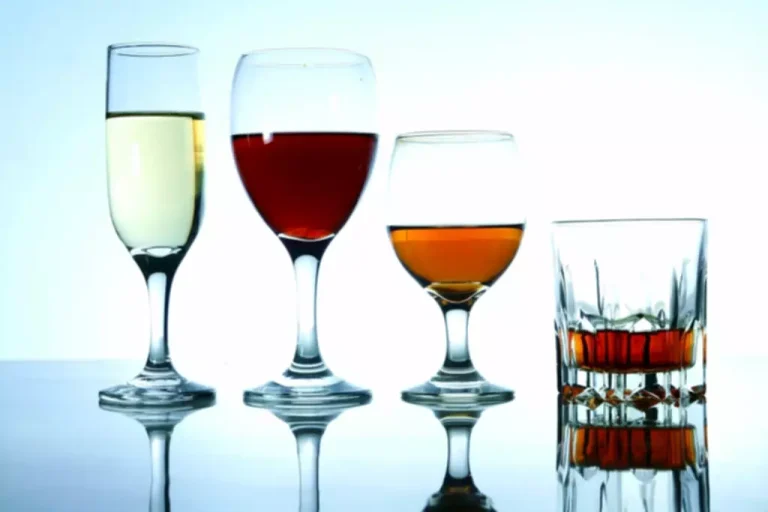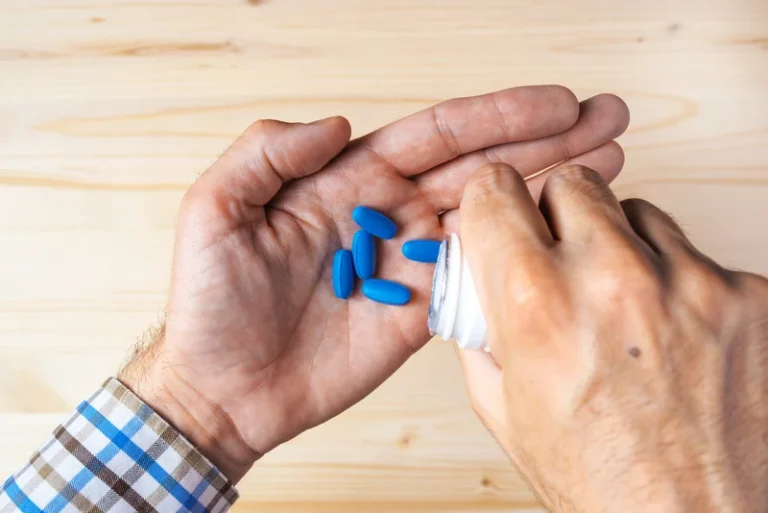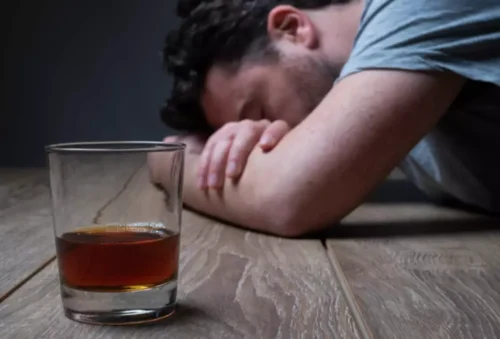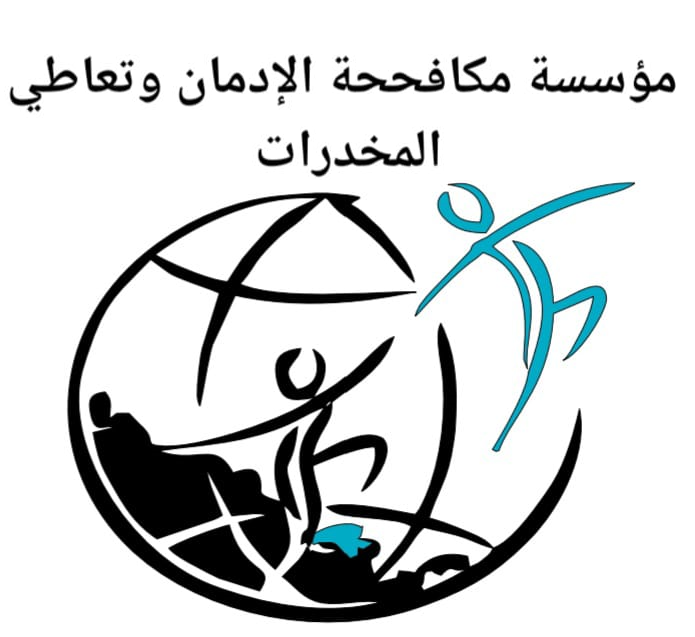
When you cut yourself, that’s what seals your wound and keeps you from losing too much blood. So even tiny cuts or bruises will bleed a lot more if you take these drugs. New devices like the Apple Watch and Fitbit have apps that can check your heartbeat and rhythm for atrial fibrillation, which can be a sign of blood clotting. If a device identifies possible irregular heartbeats, schedule an appointment with your physician. Anticoagulants, also described as blood thinners, are a group of drugs that reduce the ability of blood to clot.
Blood Thinners and Alcohol: Interactions, Risks, and Side Effects
- If you or anyone you know is undergoing a severe health crisis, call a doctor or 911 immediately.
- If you drink, ask your doctor if it’s OK for you to have alcohol and how much is too much.
- The treatment of alcohol dependency involves a variety of different methods.
- In fact, combining blood thinners with alcohol, especially in heavy or regular drinkers, can lead to internal bleeding due to their synergistic effects.
- Excessive alcohol consumption, especially binge drinking, can exacerbate these effects due to the synergistic impact it has when combined with anticoagulants.
“If you’re on some blood thinners, studies show you should also stay clear of cranberry, grapefruit and pomegranate fruits and juices,” advises Dr. Bishop. Doing anything that can make you bleed is something to seriously consider not doing if you’re on a blood thinner. That means contact sports like hockey, soccer or football, or ones that pose a serious risk of injury if you fall (like skiing, gymnastics or ice skating) are best put on the sidelines. It’s generally safe to take acetaminophen while you’re on a blood thinner, but make sure you follow the directions. Acetaminophen can cause liver damage if you take more than the recommended dose. Your doctor will test you with an international normalized ratio (INR) test.
Why see a psychiatrist for addiction?

And if you have an underlying health condition such as diabetes or kidney disease, ask your doctor whether it’s safe for you to drink at all. Someone using alcohol while taking Brilinta should speak with their doctor about the risks that are specific to their situation. The effects of Xarelto can be affected by alcohol, and those taking the medication should limit the amount of alcohol used.
Side effects of mixing alcohol and blood thinners
This is because of the increased risk of bleeding and infection. Because of the risk of bleeding, your dose of apixaban may need to be lowered or stopped a few days before you have an operation. Blood clotting (thickening) is a complicated process involving substances called clotting factors. If you do drink, you should not exceed the maximum weekly recommended intake of 14 alcohol units a week (a glass of wine is two units and a pint of beer or lager is two or three). The number of people in the UK taking prescription-only blood thinners will rise dramatically in 2021, as the NHS has agreed to dramatically scale up the number of blood thinners people could be given by 2024.
Just as taking prescription and over-the-counter drugs can affect your blood-thinning medication, so can stopping them. If you discontinue any of them, your doctor may want to check your blood more frequently, the NBCA advises. So when taking a blood thinner, you might notice increased bleeding from cuts or scrapes, blood thinners and alcohol more frequent or more intense nosebleeds, or heavier-than-normal periods. Pregnancy, taking estrogen-containing birth control, or using hormone therapy increases women’s chances of deep vein thrombosis, the CDC says. Serious illnesses, injuries, obesity, and long periods of inactivity can also increase your risk.
Alcohol consumption has a complex relationship with the efficacy of blood thinners. Blood thinners, such as Warfarin, are prescribed to prevent or treat blood clots, which can reduce the risk of stroke, heart attack, or other serious conditions. However, alcohol can interfere with how these medications work. For instance, Warfarin is known to interact with alcohol, and excessive drinking can significantly affect its metabolism. Moderate alcohol consumption, on the other hand, does not appear to have a considerable impact on Warfarin’s function.
What foods to avoid while on Eliquis

Red wine is fermented for a longer amount of time with the grape skins than white wine is, meaning it will contain more resveratrol, which is why it is typically thought to be more heart healthy. Additionally, chronic alcohol consumption can lead to changes in the body’s ability to regulate blood clotting. Prolonged alcohol abuse may disrupt the delicate balance of the coagulation system, potentially increasing the risk of bleeding or blood clotting disorders. Understanding how your body responds to alcohol is crucial, especially if you have a history of alcohol addiction or if you are at risk for blood clotting issues. For individuals who are taking anticoagulant medications such as warfarin or aspirin, it is crucial to understand the potential interactions between alcohol and these medications.
People who said they drink a lot of liquor also tended to binge drink, which counteracts any helpful effects you might get from alcohol in moderation. Another study found that, compared to non-drinkers, people who drank more than 3 ounces of liquor per week had a 53% higher risk of DVT. The relationship between alcohol and deep vein thrombosis may depend on what, and how much, you pour in your glass. Of course, healthcare professionals are here to assist and support you along the way.
What are anticoagulants?
- Blood clots can increase your risk of having a heart attack, stroke, or getting other kinds of heart disease.
- The amount of alcohol a person consumes daily contributes to how it affects blood and heart health.
- One of the functions of your liver is to break down alcohol and some medications.
- So even tiny cuts or bruises will bleed a lot more if you take these drugs.
